How to succeed in a law firm in the coming years? As the world is recovering from the pandemic, it is now more critical than ever for lawyers to stay informed about legal technology trends that they should consider adopting in their private practice or for their firms.
Before delving deeper into the market's top legal technology trends, it's essential to understand that it's become imperative to provide quick and effective legal services while also assisting lawyers in reducing the burdensome responsibility of regulatory and compliance issues.
LegalTech has traditionally been used to refer to traditional law firm technology used for accounting, management, billing, and document storage. However, in recent years, the legal sector has seen significant changes, driven by various factors such as innovation in LegalTech tools, increasing client demand for transparency, and digitalization of the process.
Conferences for immigration law and other international events have recently discussed the importance of law firms adapting to the "new normal" by implementing legal technology. According to Gartner, an IT research and consulting firm, the legal department's spending on legal technology will triple by 2025. They emphasized the importance of LegalTech tools in their report and believed that the increased workload could jeopardize efficiency without technology.
LegalTech is many law firms' only option for remaining competitive in the market. To identify the top trending LegalTech tools that attorneys should be aware of, as well as to answer a question on every legal professional's mind: "What is the most useful LegalTech tool that I should get for myself?" Here are compiled answers for lawyers and legal professionals to use and follow the most important legal technology trends.
Automation
Legal automation does not imply the replacement of attorneys with machines; it is a method of automating and delegating manual tasks from humans to robots. Automation provides solutions to redundant and repetitive tasks, lowering administrative costs and freeing up time for lawyers to take on meaningful work that adds value to the firm.
According to the 2019 Legal Trend Report, the average legal professional works only 2.5 hours per day with clients. It depicts attorneys spending a significant amount of time doing administrative tasks that do not require their expertise and can be done more accurately by a machine.
At upcoming international law conferences , professionals will highlight the critical areas that prompt firms to embrace this technology: reducing manual work and monotonous tasks and the ease of handling records.
AI
With AI gaining traction in virtually every industry, lawyers recognize its value in managing routine-based tasks. Law firms can use AI to save money, perform better, and protect their clients more effectively.
Law firms must use this technology to manage contracts digitally and for automatic reviews. As data volume grows, businesses must use AI to streamline data management and supplement the workforce to improve the filing and storage process for a better client experience.
Cloud-Based Solutions
Cloud-based solutions, in addition to big data, enable lawyers and clients to share data across disparate platforms rather than relying solely on emails. Firms that carefully migrate their data to the cloud can reap significant benefits.
Experts at the conferences for immigration law also pointed out how most legal technology trends rely on the cloud, from hyper-automation to collaborative tools like virtual whiteboards to machine learning to get the most out of historical data databases.
Flexible, cloud-native systems also facilitate critical tool integrations. Their widespread adoption will enable organizations to connect their practice management systems to their unified communications platforms, allowing them to meet the scalability demands of their clients.
Cybersecurity & Data Privacy
Data security should be a lawyer's top priority, which is why clients entrust attorneys with their most sensitive information. A law firm must keep data secure; otherwise, a security breach can pose a risk to firms, resulting in negative consequences for lawyers and clients.
Hackers and scammers can easily access valuable information such as intellectual property, trade secrets, personally identifiable information (PII), and confidential attorney-client-privileged data if stringent cybersecurity measures are not in place.
Alternative Legal Services
Alternative Legal Services is gaining traction in 2022. They have provided specialized skillsets to corporate lawyers and law firms at a lower cost, allowing their clients to take on higher priority work. Alternative Legal Services are solution providers who provide legal tasks and processes to increase efficiency. From legal professionals to boutique law firms, basic jobs are being outsourced to service providers to get the tasks done in lesser time and money.
Final Thoughts
Digitalization is sweeping nearly every industry, including the legal profession. Clients have started using digital tools in their legal practices, and law firms are becoming more comfortable with tech tools. Many upcoming international law conferences, such as the Law 2.0 Conference's, will focus on the numerous advantages tech can provide by streamlining workflows, improving client communication, and improving work-life balance.

-01.svg)







